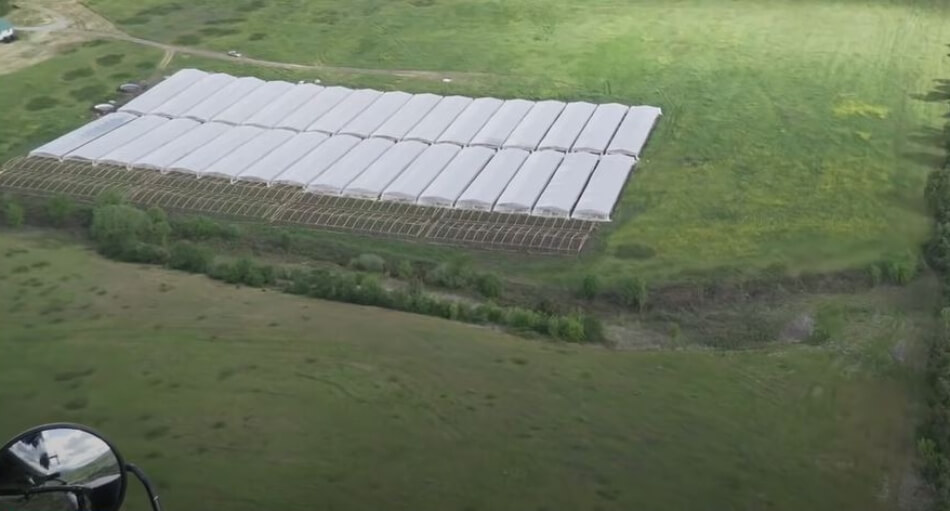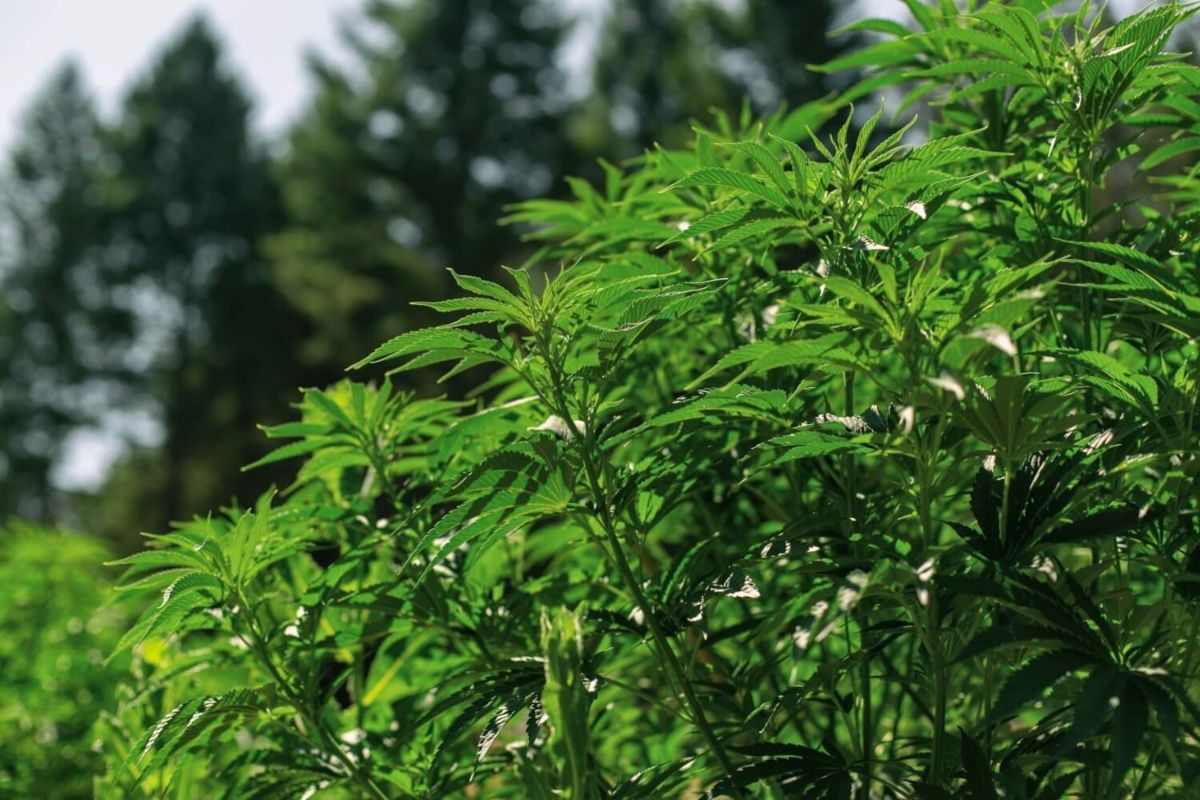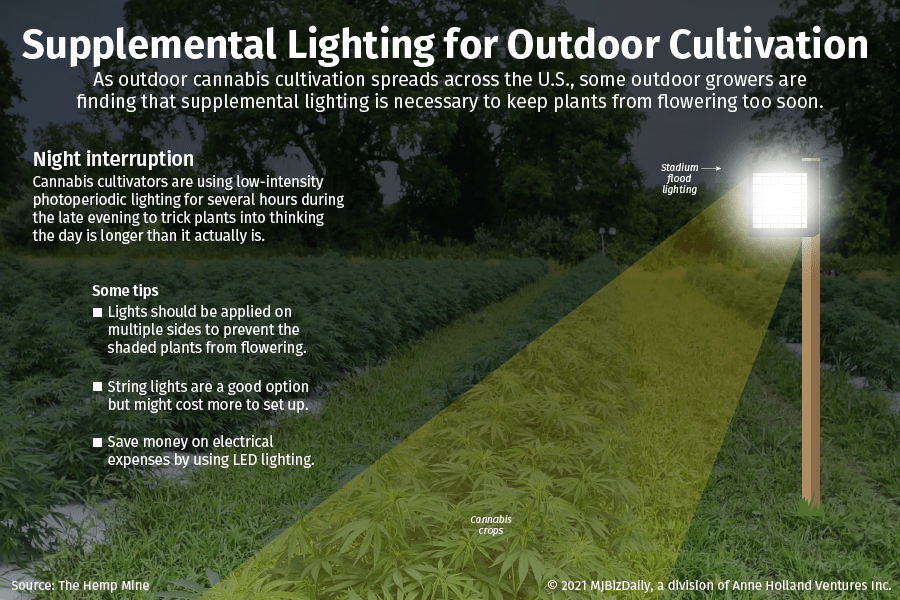Without question, growers are cultivating unlicensed marijuana in southern Oregon and shipping it across the United States. They have been for decades.
But are they organized criminal operations operating outside the law, or are they fronting as licensed hemp growers under cover of the boom in new grows that sprung up after the passage of the 2018 Farm Bill?
That’s what state regulators in Oregon are trying to determine through a new program that is believed to be among the first of its kind in the cannabis industry.
Regulators have started on the southern end of the state to inspect dozens of hemp farms and determine whether they are legitimate businesses – or rogue operators secretly growing marijuana.
Marijuana industry officials welcome the move, even though some business owners contend the illegal grows are not a competitive threat to the low-cost, high-quality MJ sold by licensed Oregon retailers.
Among other things, shutting down illegal grows could curb negative environmental fallout. That fallout includes the use of stolen groundwater and diverted surface water, plus the deployment of dangerous chemicals and pesticides.
In addition, there is a general concern about working in proximity of potentially dangerous criminals.
Hunter Neubauer, co-founder of Bend marijuana company Oregrown, said his company went through “hoop after hoop after hoop” to stay compliant.
“It’s really nice to see the regulatory agencies taking action,” he added.
Courtney Moran, president of the Oregon Industrial Hemp Farmers Association, echoed that sentiment.
“We need to protect the good actors,” she said.
Oregon’s new program stems from House Bill 3000, which Gov. Kate Brown signed into law in July.
It allows the newly renamed Oregon Liquor and Cannabis Commission (OLCC) and the Oregon Department of Agriculture (ODA) to begin inspecting licensed hemp fields across the state to ensure that the registered hemp growers are not growing marijuana instead.
“If you’re a good actor and compliant, you have nothing to worry about,” Moran said.
Yet some hemp industry representatives worry that legitimate growers could be caught up in the enforcement effort for inadvertently growing hemp that exceeds the 0.3% THC limit.
Inspections underway
So far, regulators have inspected 134 hemp farms in southern Oregon to take THC samples, Sunny Summers, cannabis policy coordinator for the Agriculture Department, said Tuesday during a webinar hosted by the Oregon Industrial Hemp Farmers Association.
No illegal marijuana grows have been reported discovered yet.
As of July 23, Oregon had 723 registered growers on a total of 6,539 acres, indoor and outdoor production.
Summers said teams from the OLCC and ODA, along with local sheriff departments, are starting by visiting all registered hemp farms in Josephine and Jackson counties, then visiting the rest of the licensed hemp grows in the state in subsequent seasons.
The process is simple. The inspectors come in, look around, take a few samples and send them to a location in Medford to test for THC. (This is separate from the THC pre-harvest testing private labs are doing throughout the state.)
Growers are not given notice of the inspections and will not receive their test results, Summers added, unless the hemp tests hot – then enforcement action will be taken.
The inspections are paid for as a cooperative effort of the OLCC and ODA, Summers said.
So far, Summers has heard a mix of both positive and negative feedback from growers.
For instance, 31 operations have refused to let the regulators access their sites, saying the manager or owner was not on-site. Summers said most of those refusals have been resolved.
“We’re not out here to play gotcha,” she said.
The state wants to get a handle on whether illegal marijuana is hiding behind a hemp license, Summers added.
Concerns over organized crime
Federal law allows states to regulate hemp themselves – but, after this year, only with permission and signoff from the U.S. Department of Agriculture. Oregon is operating under provisions of the 2014 Farm Bill through this growing season and is planning to send some parts of this plan in the rules to the USDA for approval, according to Summers.
The state is working on draft rules now to include some of the USDA rules, such as the cushion that protects growers from criminal negligence charges when hemp tests between 0.3% THC and 1% THC.
In May, local authorities in Jackson County flew over marijuana and hemp operations to identify which farms were legal and which were illicit based on those grows that were set up on land not licensed for legal production.
You can see that footage here:
This is all in response to growing concerns over organized crime setting up significant illegal marijuana growing operations in the state.
As a recent example of law enforcement taking action against illegal grows, the Oregon State Police raided a cultivation site in southern Klamath County, which sits on the state’s border with California, and seized more than 22,000 plants.
The raid found more than 85 greenhouses, each 100 feet by 30 feet, and discovered possible water theft, according to Medford TV station KDRV.
“What’s going on in southern Oregon with the cartel takeover of cannabis growing through the guise of hemp and our role in being able to enforce that is all incredibly important,” OLCC Executive Director Steve Marks said in a news release when HB 3000 was signed.
“We and our partners are poised to begin eradicating this illegal activity, to bring stability to disrupted communities starting in Jackson and Josephine counties, and to ensure that our legal, licensed, tax-paying cannabis licensees aren’t being undermined by illegal market activity.”
Market impacts
While some representatives of the hemp industry are in favor of the inspections and see them as good for the long-term health of the market, others aren’t so sure.
“I think it’s great they want to help the regulated industry, but I’m not sure this is the solution,” said Amy Margolis, a cannabis attorney based in Portland, Oregon.
“How many good actors are you sweeping up in this?”
She pointed out how easily hemp can creep over the 0.3% THC mark.
“Cultivating hemp to stay under the legal limit is not exactly an exact science.”
Margolis said she’s hearing that the situation in southern Oregon “feels sort of dicey and dangerous.”
“When you have an influx of people who are engaged in criminal behavior – especially if it’s cartels or other organized efforts – it can set a tone,” she added.
According to OLCC spokesman Mark Pettinger, the illicit marijuana activity has several impacts on the legal marijuana market.
“These illegal grows are taking advantage of the sweat and hard work the legal grows have gone through to stay compliant,” he said.
Not only that, but like the water theft in the Klamath example, the unlicensed operations are damaging the environment.
Pettinger said his agency has received complaints from landowners about groundwater sources drying up and streams being diverted.
Pete Gendron, a marijuana grower in Sunny Valley in Josephine County, said the illegal growers tend to use hazardous chemicals and pesticides.
“Taking that off the table environmentally would be good,” he added.
Setting up interstate commerce
Some Oregon marijuana growers say they’re not in direct competition with the illicit market because the state’s licensed cannabis is already some of the cheapest legal marijuana in the country at the retail level while still maintaining high quality and stringent testing.
The general sense is that the illegally grown marijuana is being sent across the country.
“The illicit product is not being marketed in Oregon,” Gendron said. “None of that material stays in the state.”
Shutting down the illegal grows will likely decrease access to low-price, low-quality marijuana on the East Coast, he added.
But the state has been proactive about positioning the licensed cannabis industry for interstate commerce should federal legalization allow it.
So it stands to reason that shutting down illicit growers would also benefit the legal cannabis industry in this way.
“(The illegal grows are) hurting both the THC and the hemp industry equally and making the cannabis industry as a whole look bad,” said Kim Stuck, founder of cannabis consultancy Allay Consulting, which has an office in Portland.
“Regulators should be preventing that from happening.”
Bart Schaneman can be reached at bart.schaneman@mjbizdaily.com.







